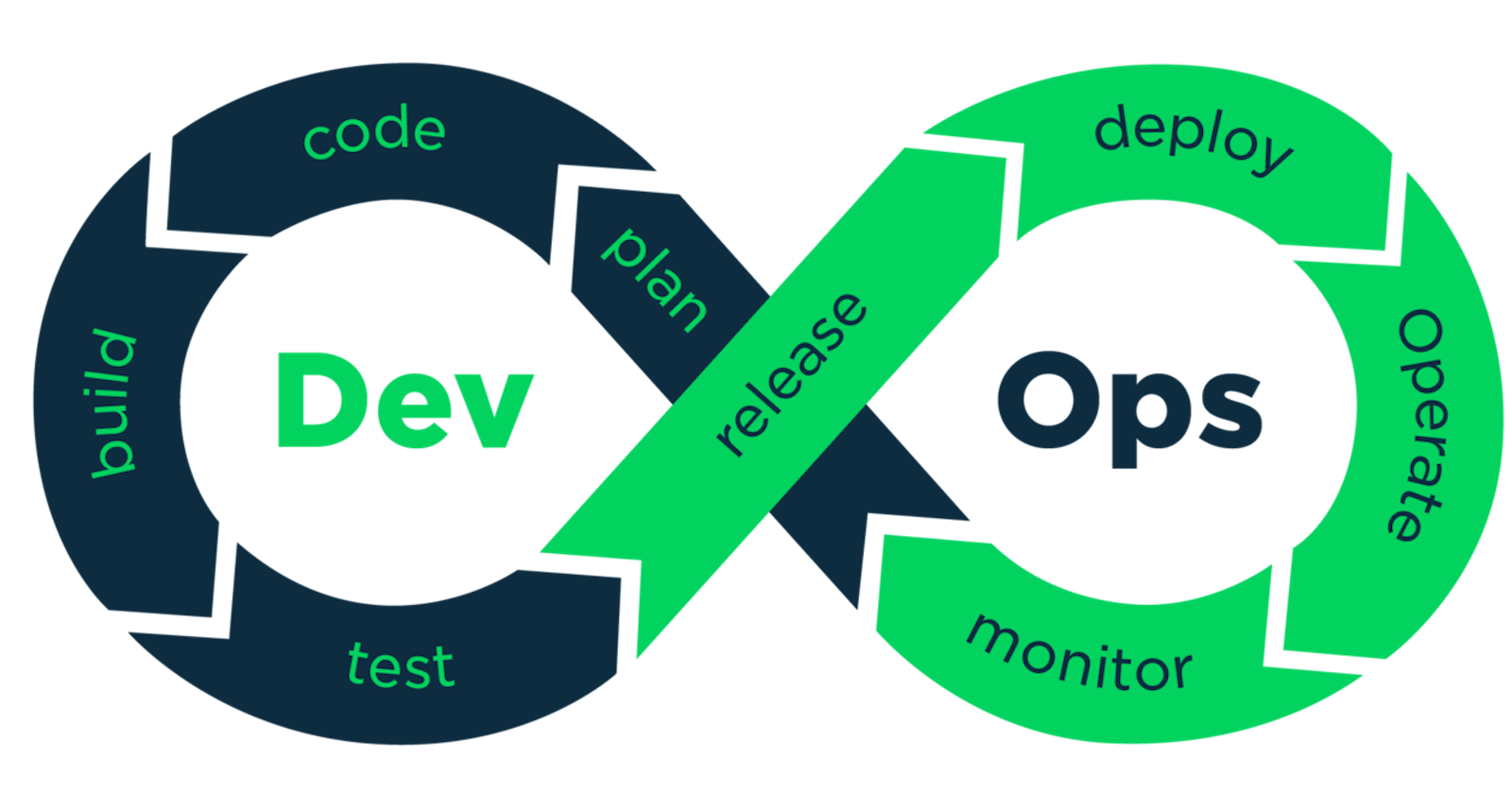(1) What is DevOps?
DevOps is a set of practices and cultures where software developers and IT operations teams communicate and collaborate to streamline software development and delivery processes.
(2) What DevOps Engineer does?
A DevOps engineer helps to break down the traditional silos between development and operations teams and create a more collaborative and efficient software delivery pipeline. #DevOps combines practices from software development (such as agile development, continuous integration, and continuous delivery) with operations management practices (such as infrastructure automation and monitoring) to create a feedback loop that enables faster and more reliable software to deliver.
(3) What are Automation, Scaling, and Infrastructure?
In DevOps, automation, scaling, and infrastructure are the concepts that enable teams to deliver software more efficiently, reliably, and at scale.
Automation is an essential aspect of DevOps. DevOps teams use automation tools and scripts to automate repetitive and time-consuming tasks such as testing, building, and deploying software. Automation ensures that processes are repeatable, consistent, and can be executed faster with fewer errors.
Scaling is also a critical aspect of DevOps. DevOps teams design and implement infrastructure that can handle increasing workloads, and scale out and scale up resources as needed. They also automate the scaling process to enable automatic scaling based on performance metrics, ensuring that the system can handle increased loads without downtime or degradation.
Infrastructure is another important aspect of DevOps. DevOps teams manage infrastructure as code, which involves treating infrastructure as software and using code to automate the provisioning, configuration, and management of infrastructure resources. Infrastructure as code enables teams to manage infrastructure resources with higher efficiency, consistency, and scalable, making large and complex systems easy to manage.
(4) DevOps Lifecycle:

The DevOps lifecycle is a set of practices and processes that enable teams to collaborate and deliver software more efficiently and reliably. The typical DevOps lifecycle includes the following stages:
Plan: In this stage, teams identify the software requirements, define the scope, and plan the development and delivery process.
Develop: In this stage, teams use agile development practices to create and test the software. They use version control tools and continuous integration practices to ensure that code changes are tested and integrated regularly.
Build: In this stage, teams use build automation tools to compile, package, and prepare the software for deployment.
Test: In this stage, teams use automated testing tools to validate the software, including unit tests, functional tests, and performance tests. They also use continuous testing practices to identify and fix issues quickly.
Deploy: In this stage, teams use automated deployment tools to release the software to production environments, including deploying to cloud-based services or on-premise infrastructure.
(5) What tools does a DevOps Engineer Use?
DevOps engineers use a wide range of tools and technologies to automate, manage, and deploy software. Here are some of the major tools that a DevOps engineer should know:
Continuous Integration/Continuous Deployment (CI/CD): These tools automate the build, test, and deployment process, ensuring that code changes are validated and released quickly and reliably. Examples include Jenkins, GitLab CI/CD, CircleCI, Travis CI, AWS DevOps, and Azure DevOps.
Configuration management: These tools automate the configuration and management of infrastructure resources, ensuring that resources are provisioned and configured consistently and reproducibly. Examples include Ansible, Chef, Puppet, and SaltStack.
Containerization: It enables teams to package and deploy software in containers by providing a lightweight and portable runtime environment. Examples include Docker and Kubernetes.
Infrastructure-as-Code (IaC): These tools enable teams to manage infrastructure resources as code, using version control and automation to provision and manage resources. Examples include Terraform, CloudFormation, and ARM Templates.
Monitoring and logging: These tools provide real-time visibility into the performance and availability of software and infrastructure resources. Examples include Nagios, Zabbix, Prometheus, Grafana, and ELK Stack.
Collaboration and communication: These tools enable teams to collaborate and communicate effectively, sharing knowledge and information to improve the software development and delivery process. Examples include Slack, Microsoft Teams, and Atlassian tools (Jira, Confluence, Bitbucket).
(6) Why is DevOps important and helping businesses nowadays?
DevOps is crucial nowadays because it helps businesses to deliver software faster, more reliably, and with higher quality. In today's competitive business environment, organizations need to be able to release software quickly and respond to changing customer needs and market demands. DevOps provides a set of practices and tools that enable teams to meet these challenges by streamlining the software development and delivery process.
Here are some ways DevOps helps businesses:
Faster time to market: By adopting DevOps practices, businesses can deliver software faster and more frequently, reducing time to market and enabling them to respond quickly to changing market demands.
Increased efficiency and productivity: DevOps automation and collaboration tools help teams to work more efficiently, reducing manual work and enabling them to focus on high-value activities.
Higher quality software: DevOps practices emphasize continuous testing and feedback, which helps to catch and fix issues earlier in the software development lifecycle. It results in higher-quality software with fewer defects.
Better collaboration and communication: DevOps encourages teamwork and communication between teams, breaking down traditional silos and enabling teams to work together more effectively.
Improved customer satisfaction: By delivering software faster, more frequently, and with higher quality, DevOps helps to improve customer satisfaction and loyalty.
Overall, DevOps is helping businesses to stay competitive by enabling them to deliver software faster, more reliably, and with higher quality. It also helps to create a culture of collaboration and continuous improvement that drives innovation and business success.
#devops #trainwithshubham #devopscommunity #cloudcomputing #zerotohero #aws #linux #automation

